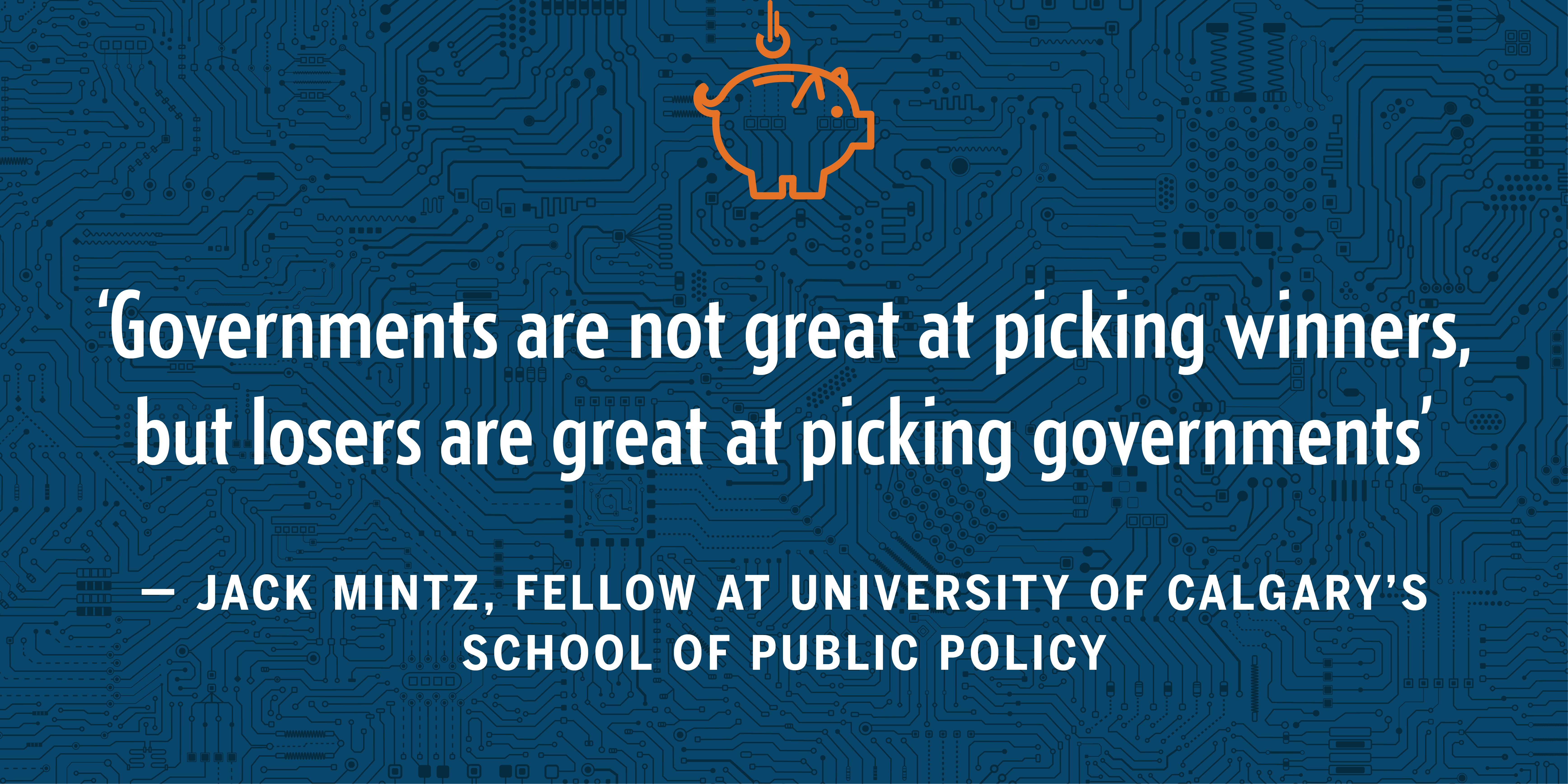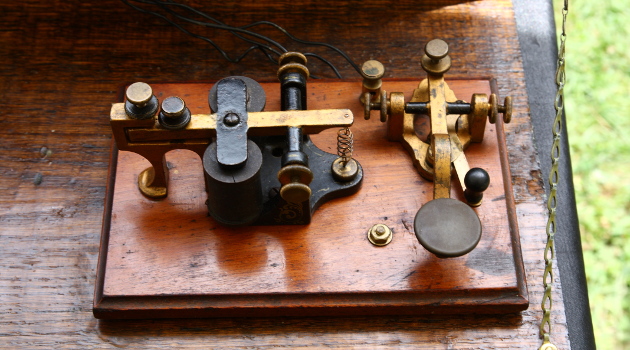Politicians often support “industrial policy,” which means they get to grant special favors to well-connected companies or industries.
But as explained by Professor Burton Folsom, this approach didn’t work very will in the 1800s.
It’s not surprising, of course, that politicians like having the power to grant favors. It makes them feel important.
 But such policies don’t work. At least if our measure of success includes things like competitiveness and efficiency. Or of if we care about the best interests of consumers and taxpayers.
But such policies don’t work. At least if our measure of success includes things like competitiveness and efficiency. Or of if we care about the best interests of consumers and taxpayers.
Which is why is better to be on the correct side of this spectrum. In other words, as far from Soviet-style central planning as possible (I used to cite Hong Kong as an example of laissez-faire, but that may no longer be accurate).
By the way, the video also makes a good point about how the United States was not a laissez-faire paradise back in the 1800s.
While we didn’t have an income tax or a welfare state, there were other forms of intervention, as illustrated by the video, as well as lots of protectionism and regulation.
And don’t forget slavery, which was an especially grotesque anti-market policy.
 The bottom line is that only politicians benefit when government has more power over the economy.
The bottom line is that only politicians benefit when government has more power over the economy.
For the rest of us, the lesson to be learned is that government intervention doesn’t work. Not in the 1800s. Not in the 1900s. And not in this century, either.
If we want more prosperity, we should stick with the tried-and-true recipe for growth.
P.S. Professor Folsom also narrated a video showing how government intervention failed in the 1800s (railroads) and early 1900s (airplanes).
P.P.S. It’s especially disappointing that some self-styled conservatives are supporting industrial policy since – in practice – it means awful policies like Solyndra-style handouts and power-grab schemes like the Green New Deal.
———
Image credit: John Schanlaub | CC BY 2.0.


